
Everyone experiences those points in life where we steer off course. You may be stuck in a routine you’re no longer interested in, you could have ideas and dreams collecting dust in the corner, or you may simply be waking up every day and asking yourself, “Is this it?”
The good news? You’re not stuck.
Life does not come with a reset button, but it comes with choices. Small choices, daily choices, and those choices can change the entire trajectory of your life.
Here are 5 practical steps for getting your life back on track- no platitudes, only things you can do.
1.Develop Radical Acceptance
Most of us love ourselves conditionally.
“I’ll be happy when I lose weight.”
“I’ll be confident when I start making more.”
“I’ll be proud of myself when I stop messing up.”
But here’s the rub: you can’t hate yourself into a version of you that you love.
Self-love comes when you accept yourself as you are now, in all the messiness, the good, the bad, the awkward habits, all of it.
Like, when you sit in front of the mirror, try saying, “I love this version of myself even here, even now.” Do it when you feel the worst. That’s when it counts the most.
2.Establish Boundaries Like They’re Sacred
Without boundaries, you will always be saying “yes” to one thing and “no” to another. Boundaries are not selfish- they are an act of love. They communicate, “I love myself enough to defend my peace.”
Next time you are about to say “yes” to something you do not want to do, pause and ask, “If I say yes to this, will I have to say no to something in my life?
3.Tune into Your Inner Voice
Your inner voice is like a weak radio station playing off in the distance; most of the time, we are too busy to hear it or do not even know it is on. Self-love means making time to listen to it.
That voice might tell you to take a break when you are driving too hard. Or to take a risk when fear says just stay safe. In making a decision, close your eyes and ask yourself, “What feels true for me?” Not for your boss, not for your friends, for you.
4.Use the Same Kind Words to Yourself as You Would to Someone You Love
If you spoke to your friends the way you sometimes speak to yourself, would you have any friends left? Think about your self-talk. Is it critical, shameful, and “not good enough?” Or is it compassionate and supportive?
For instance, when you make a mistake, try saying, “I made a mistake, and that’s okay, I’ll learn from it.”
5.Learn to Reset, Not Quit
Here’s a secret: Everyone falls off track sometimes. Yes, everyone. The difference between people who transform their lives and those who don’t is this: they reset, they don’t quit.
Missed a workout? Do it tomorrow.
Overspent your budget? Restart next month.
Lost motivation? Rest, don’t give up.
Your life isn’t ruined by one bad day, or even one bad year. As long as you choose to start again, you’re still in the game.
The thing is,
Getting back on track in life isn’t about being perfect. It’s about direction. It’s accepting that change is messy, but also pretty amazing.
So start small. Define what “on track” means for you. Build a habit. Defend your circle. And most importantly, when you slip (because you will), just get back up.
Because your future self is counting on you – and they will thank you for not giving up.

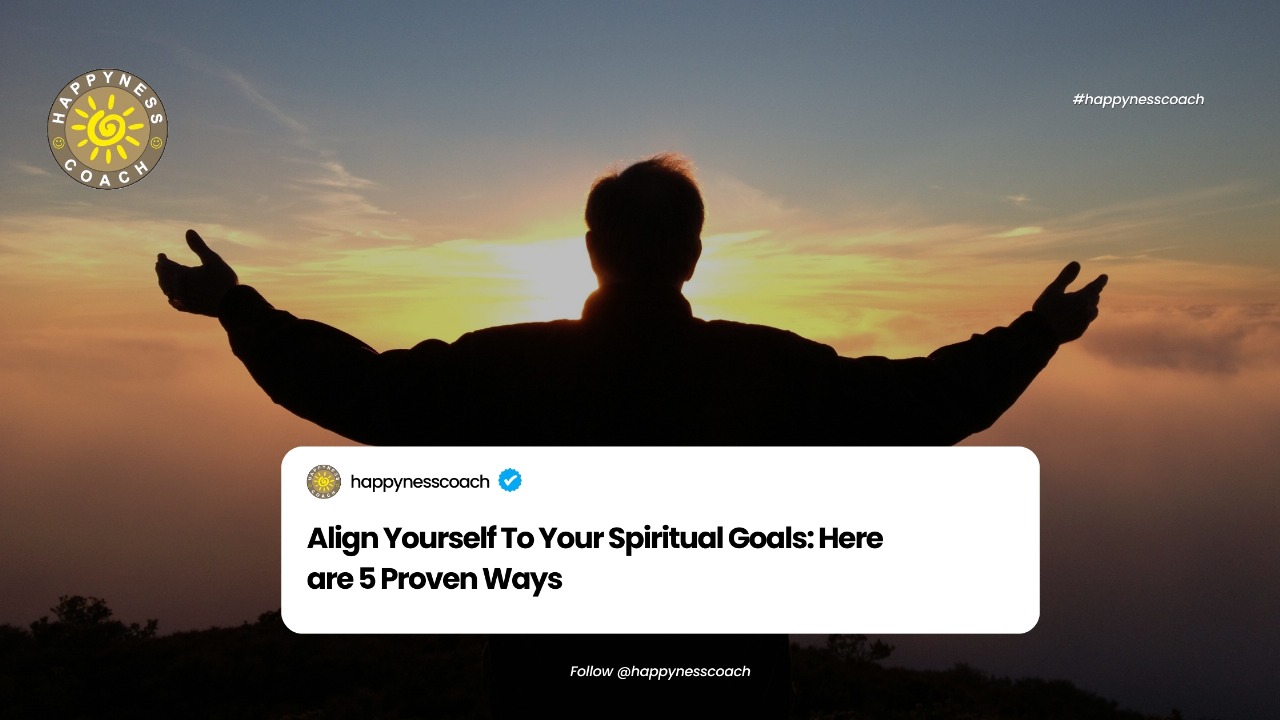
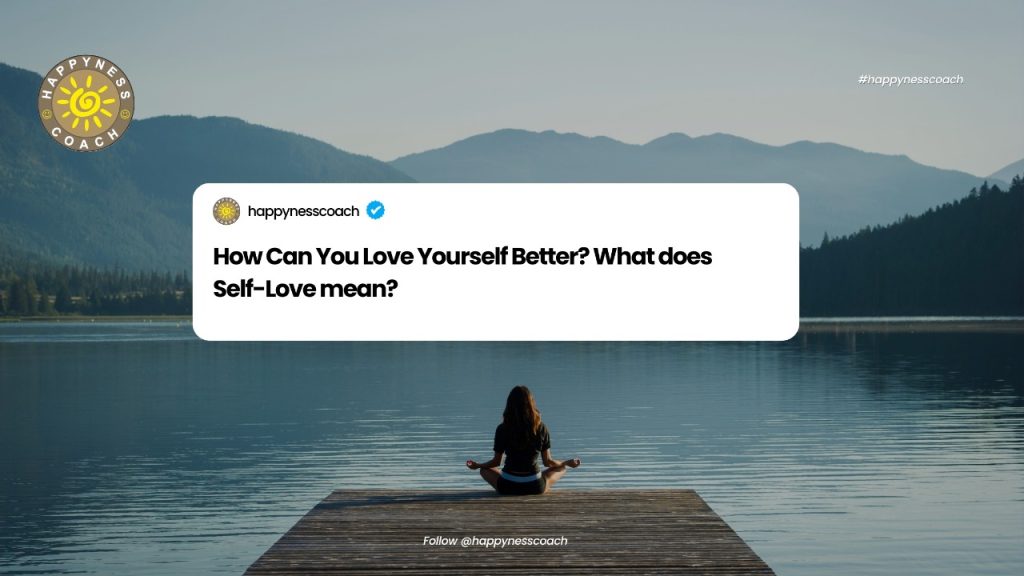
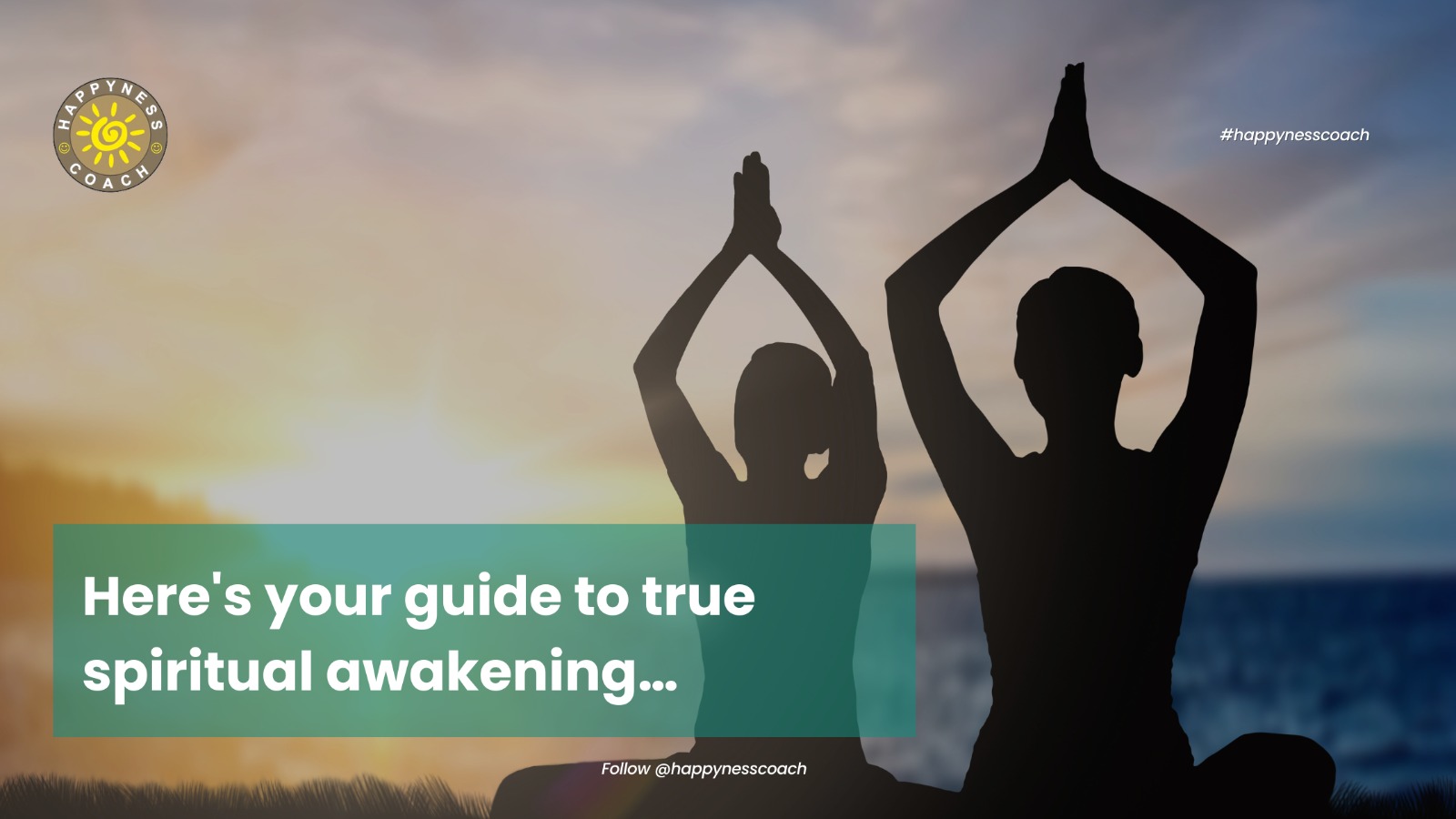
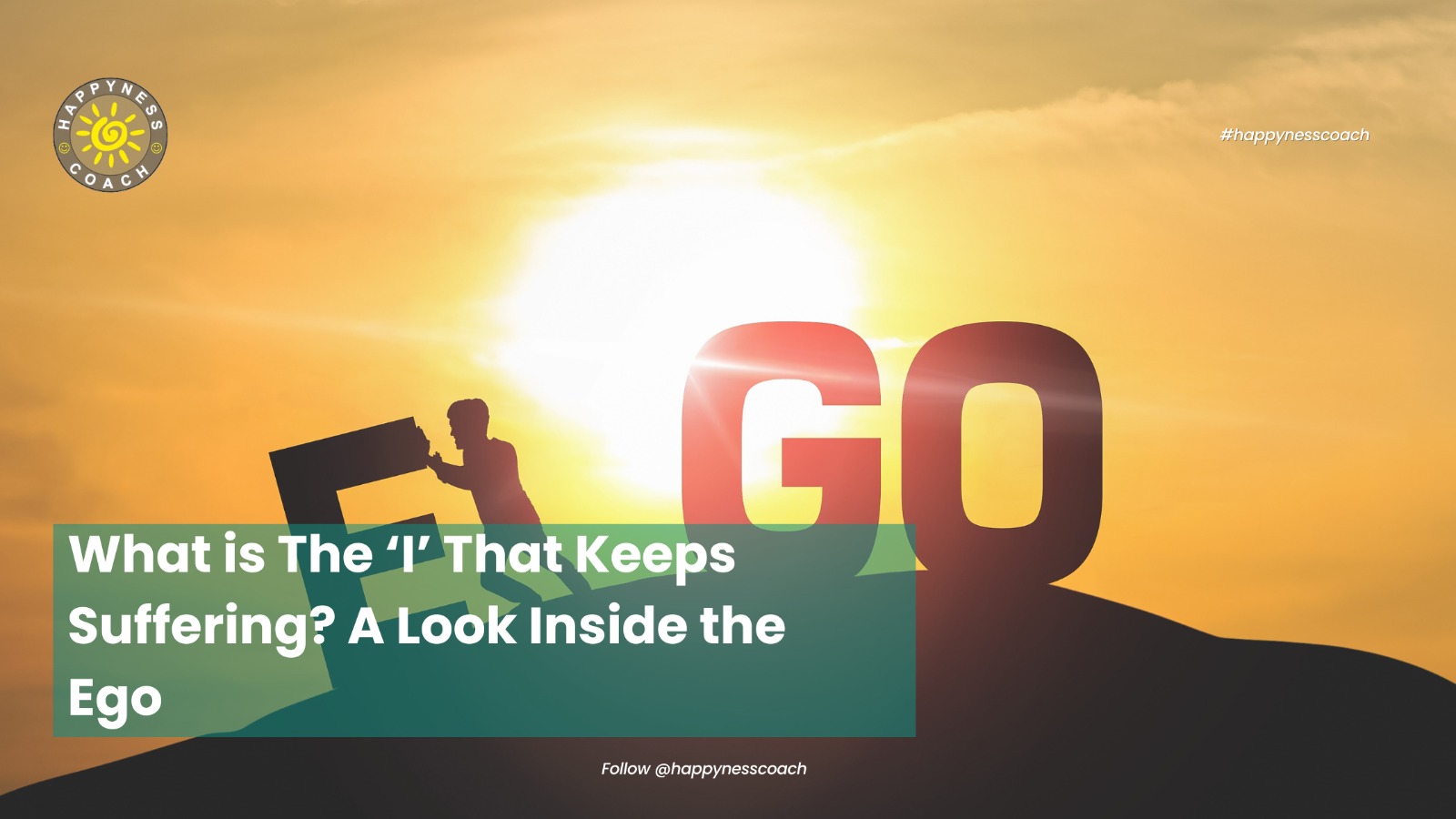
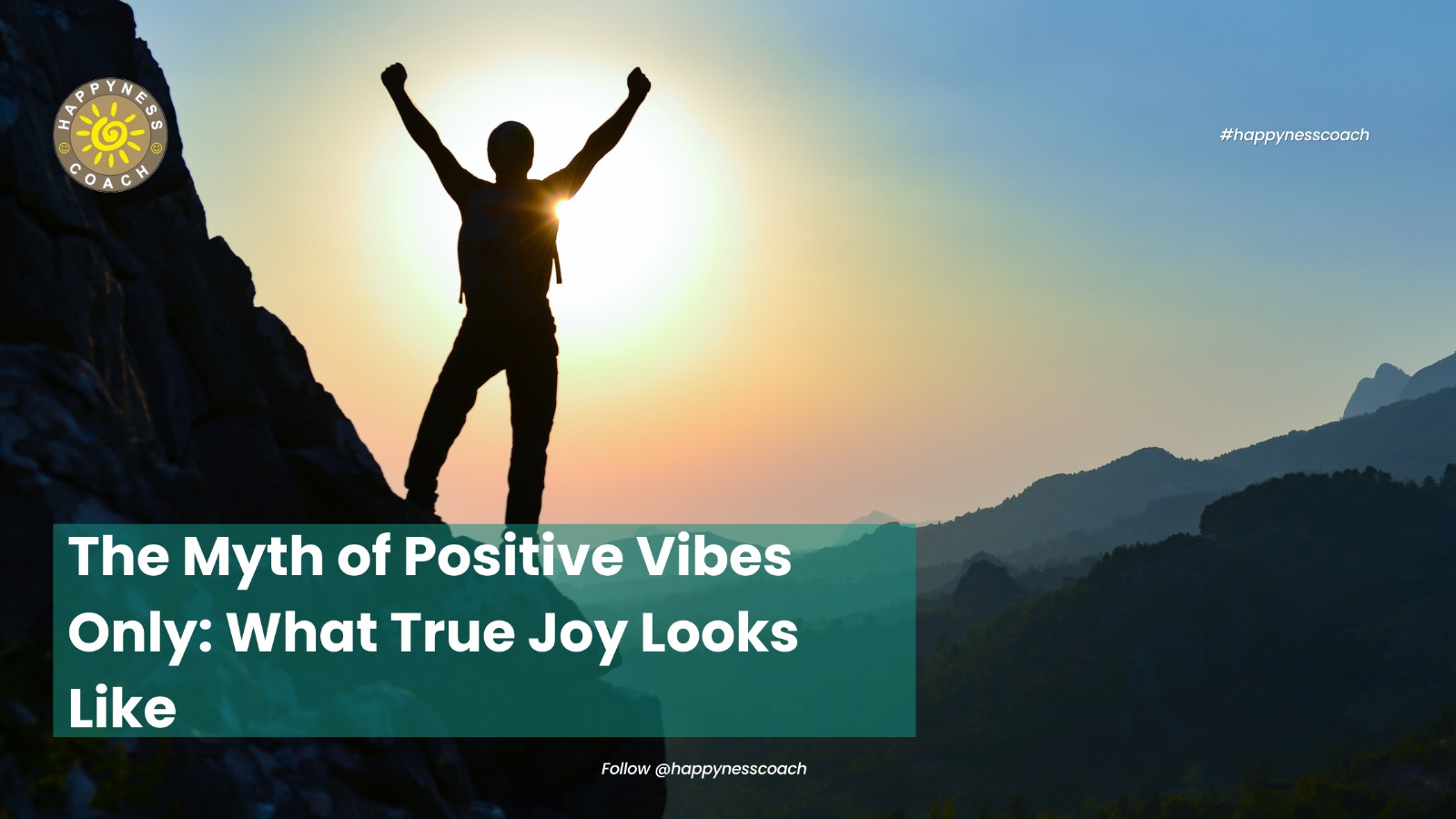
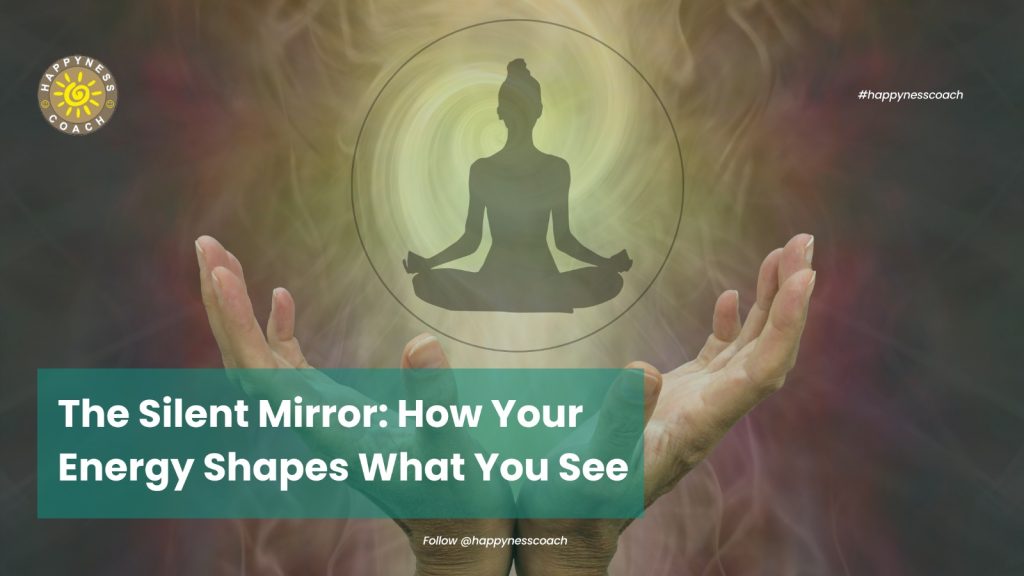
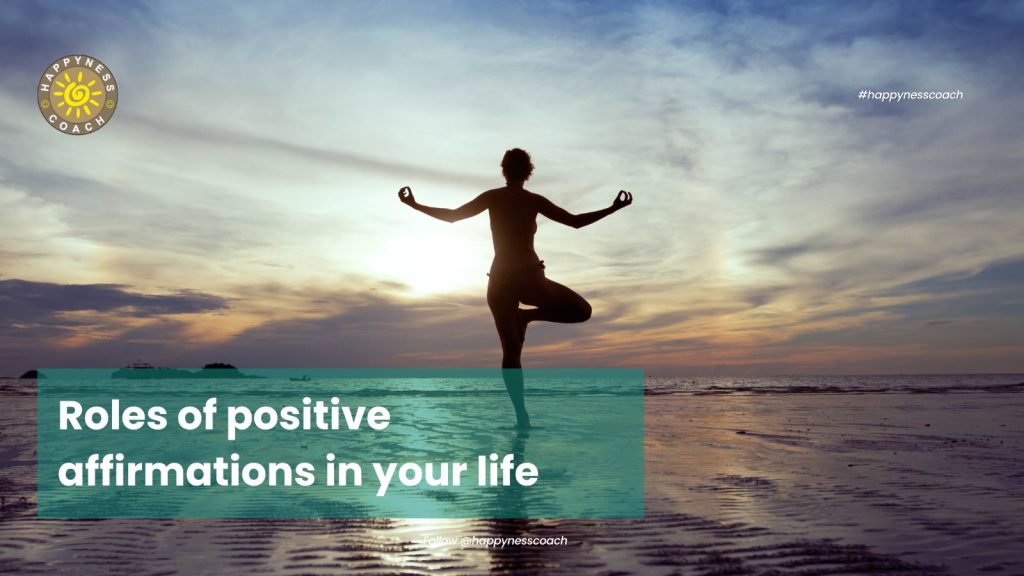

 Author, Happyness Coach, Entrepreneur, Key Note Speaker, 19 years in the Training & Selling, Health Care & Wellness, NLP Trainer/therapist NFNLP USA, Neurofeedback & Biofeedback Trainer, Psychological Counsellor , Specialist in Neuroscience-Yogic Science-Management Science & Pharmaceutical Science. A Reiki Master and practitioner of Swara Yoga, Kriya Yoga & Gnana Yoga.
Author, Happyness Coach, Entrepreneur, Key Note Speaker, 19 years in the Training & Selling, Health Care & Wellness, NLP Trainer/therapist NFNLP USA, Neurofeedback & Biofeedback Trainer, Psychological Counsellor , Specialist in Neuroscience-Yogic Science-Management Science & Pharmaceutical Science. A Reiki Master and practitioner of Swara Yoga, Kriya Yoga & Gnana Yoga.